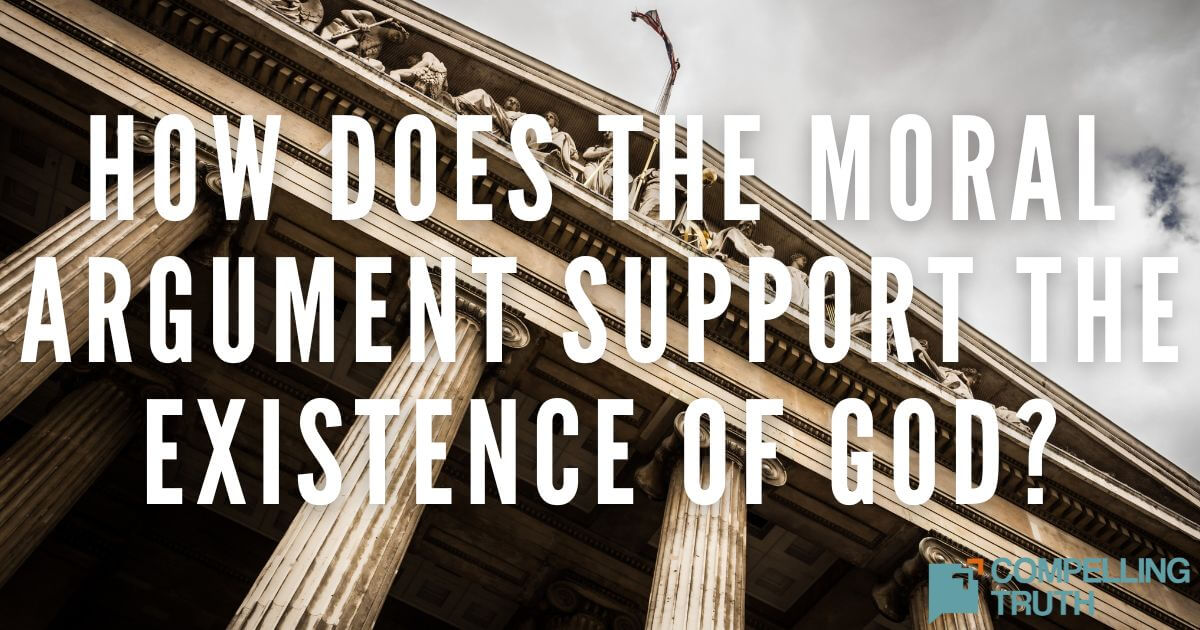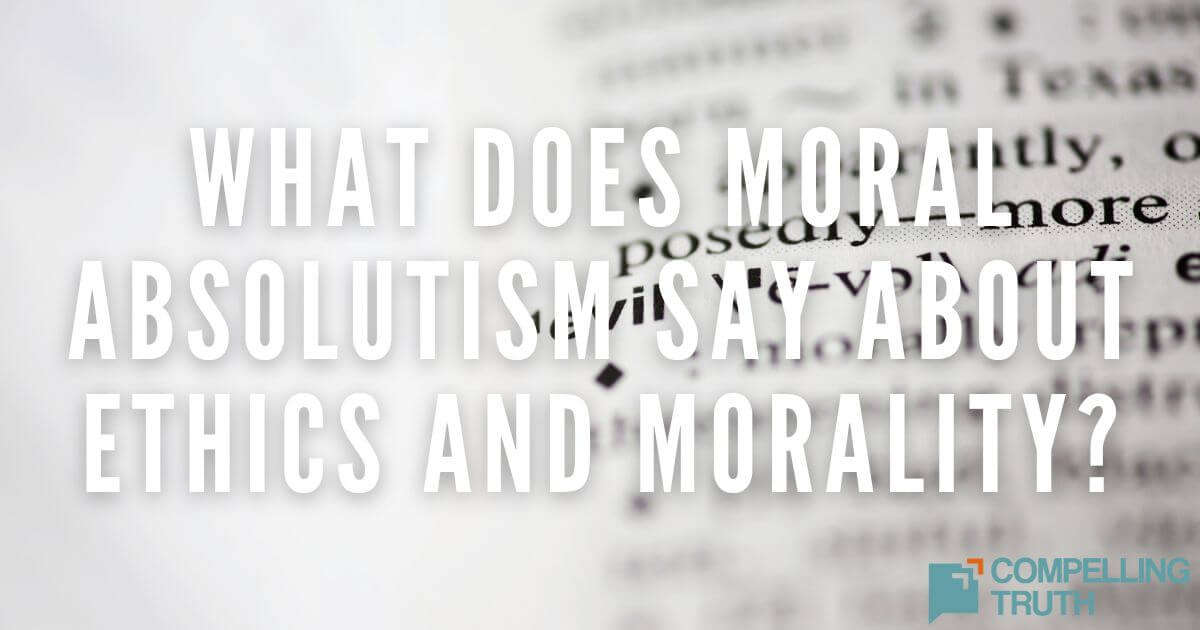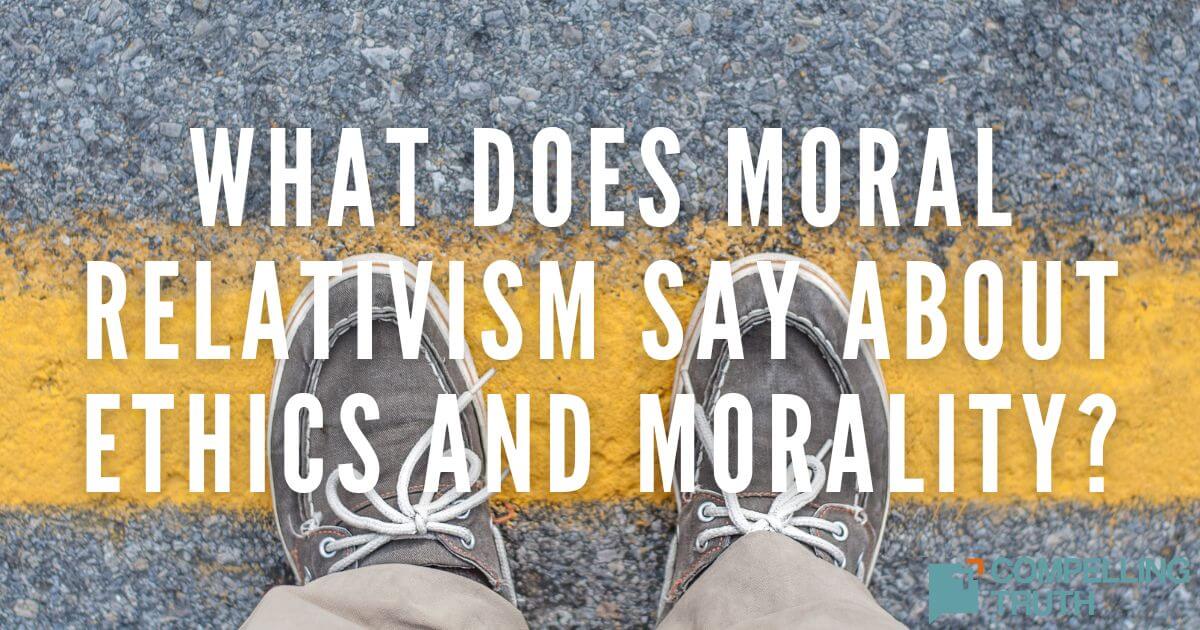A Christian acts morally out of the knowledge of the moral law given by God in His Word and a love for the Lawgiver Himself (Deuteronomy 6:5; Matthew 22:37). Morality is focused on personal principles regarding right and wrong behavior. The Bible is filled with examples and commands of what it means to be moral. A guiding principle is "Be holy, because I am holy" (Leviticus 19:2; 1 Peter 1:16). At the same time, an atheist can live in a way that society considers moral or decent. Atheists can develop a moral compass based on humanistic values, ethical reasoning, and societal norms, independent of religious beliefs. Studies have shown that both atheists and believers have a moral compass. However, an atheist’s morality comes to an end as there is no ongoing impetus for morality. The real question is where does morality come from in the first place? C.S. Lewis argued that the existence of a universal moral law points to the existence of a Lawgiver, which he identified as God. Without a universal moral law how could anyone know right from wrong?
Morality is focused on personal principles regarding right and wrong behavior. Ethics, although closely related, are focused on the standards of behavior that are expected of individuals within a particular group or community.
Those who deny God can follow good moral principles, but when God is removed from the equation, they are left without a source of understanding for what good moral principles are. They can’t give an adequate reason for believing in absolute moral principles. Morality is not mere instinct nor is it genetic. Evolutionary biology has not offered any viable explanation of how a moral code could originate through natural means.
We know that objective morals exist. For example, murdering the innocent is always wrong. If, as the moral relativist asserts, morality was subjective and only a matter of personal taste and opinion, then discussions about morals would be completely meaningless. The fact that we can judge another culture's values to be immoral proves that morals are universal, not specific to a given culture.
Rather than ask if an atheist can be moral, a more helpful discussion is to explore where our concept of morality comes from. It is evident that morality truly exists, and it exists outside of humanity. The only satisfactory answer for a transcendent moral law is the existence of a moral L awgiver.




